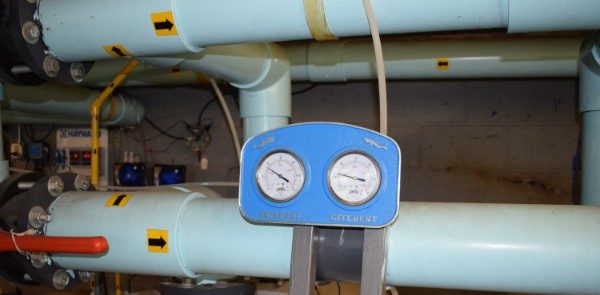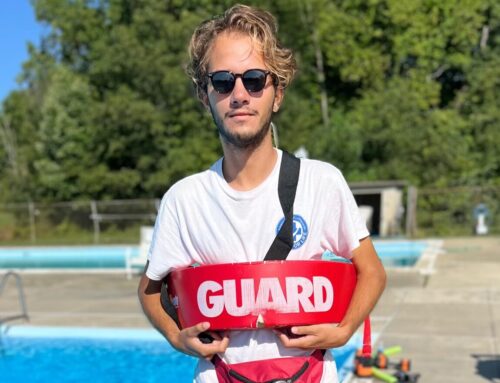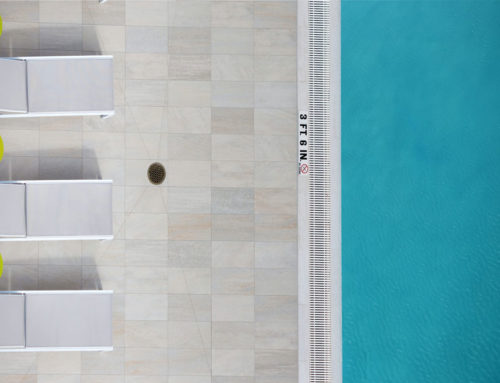While equipment corrosion is inevitable, there are a few ways customers can prevent and lessen the effects of corrosion over time. The best way to prolong the longevity of your equipment is regular pool maintenance. Pool maintenance often emphasizes the importance of balancing pool chemicals to ensure your pool is safe and runs effectively. All of the chemicals required to operate your pool every day takes a toll on your pool’s structure and equipment. Over time these chemicals will erode the pool’s mechanics such as the heater and filter leading to expensive replacements. Focusing on each piece of equipment connected to the pool is essential for maintaining your pool.
Where Corrosion Occurs
Corrosion can also pose serious threats to your facility’s physical structure explains Dave Schwartz of Aquatics International. Chloride-induced stress corrosion cracking (SCC) is often the culprit of structural failures surrounding your pool. As water vapor rises from the pool, the damage is seen on the surrounding stainless steel structures potentially leading to collapsing ceilings and injury. Filter rooms and water treatment systems are also subject to chemical damage and corrosion. The metal components within these systems quickly deteriorate due to regular chemical and acid exposure.
Fighting the Good Fight
Proper ventilation and properly balanced chemicals are the best way to fight corrosion. A dehumidifier is essential. The installers should make sure that the materials the dehumidifier is made of are corrosion resistant. If you’re building a pool, it’s important to understand those comfort ventilation units should not be merged with those for swimming pool ventilation. Comfort units are not manufactured to withstand the aggressive environment of a swimming pool. Systems should be designed so that up to 30 percent of the recirculation rate can be brought in as fresh air, at a recommended capacity of 50- to 100 percent. Treating the water with too much chlorine will increase the risk of corrosion especially to the pool room and technical room. Not to mention excessive chlorine can result in poor air quality which can irritate the eyes and cause breathing difficulties.
Galvanized
Stainless Steel and Stainless Steel alloys are not resistant to SCC due to water vapor from a pool. Even metals like carbon steel and cast iron will corrode, and copper will turn green with chlorine. Yet it’s common to find these materials in pool environments. The best way to protect these metal surfaces is to use galvanized metal where possible. Builders should consider using fiberglass doors and PVC piping where appropriate. PVC electrical conduit is corrosion resistant and can be painted for better aesthetics. Aluminum alloys can also be used above water as door and window framing. Materials like plastic, glass, tile, stone, masonry, and concrete typically resist corrosion quite well. Red brass and bronze typically resist pool corrosion well.
We Can Help!
Equipment corrosion shouldn’t keep facility managers up at night! An experienced pool technician can help make sure your chemicals are balanced correctly and that your filter rooms and water treatment systems are checked for signs of corrosion often. A maintenance contract with American Pool covers all the bases. If something goes wrong, we’ll be there with a smart repair, and if you want to upgrade your existing pool, we’re ready and experienced.
[ap_button type=”secondary” url=”/?p=6045″ text=”Request Service”]





